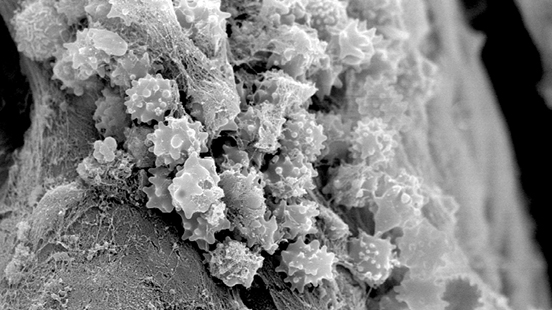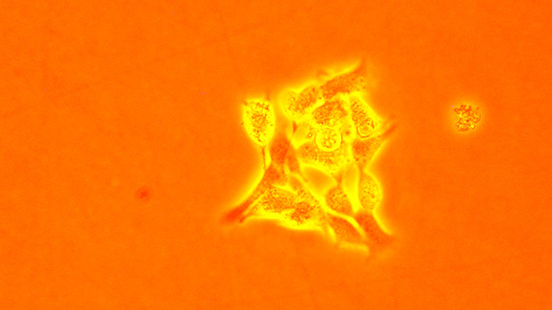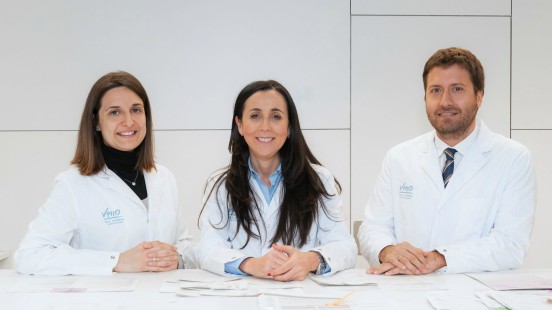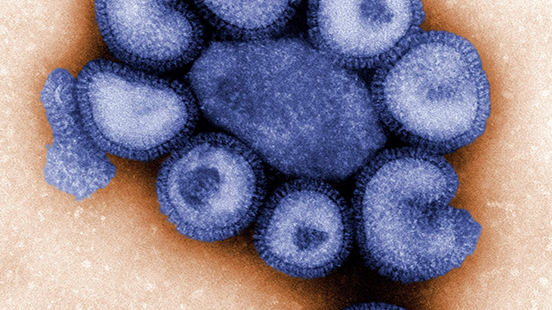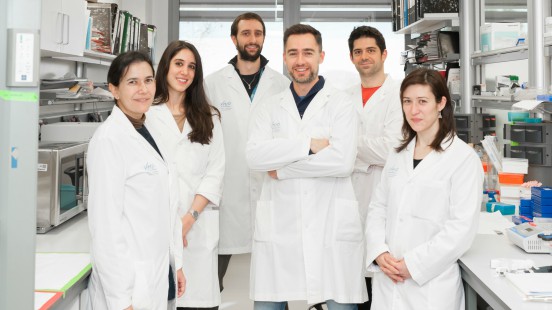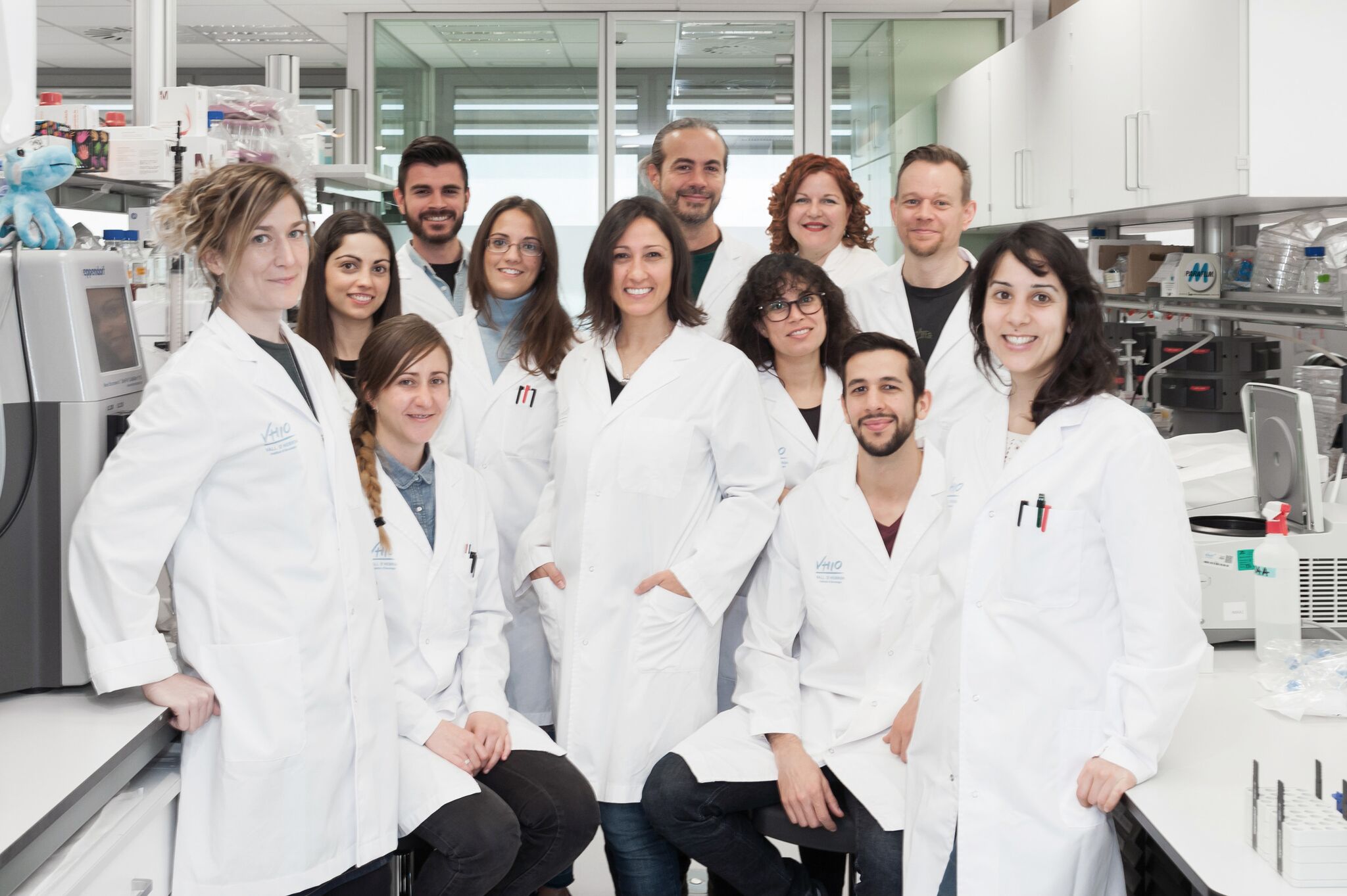Cardiovascular Diseases
This is one of the most comprehensive groups in the Vall d’Hebron Research Institute, and includes an Experimental Cardiology Laboratory, a Cardiovascular Epidemiology Unit and the Clinical Research Unit. Thus, it works to generate knowledge about the mechanisms of heart disease, to produce new tools for diagnosis and therapy, while designing new ways to apply the current tools for the prevention and treatment of patients with cardiomyopathy.
Related professionals
Dr. Antonio
Rodríguez Sinovas
Rodríguez Sinovas
Dr. Antonio
Rodríguez Sinovas
Rodríguez Sinovas
Cardiovascular Diseases
Dr. Ignacio
Ferreira González
Ferreira González
Dr. Ignacio
Ferreira González
Ferreira González
Dra. Laura
Dos Subirà
Dos Subirà
Dra. Laura
Dos Subirà
Dos Subirà
Dra. Begoña
Benito Villabriga
Benito Villabriga
Dra. Begoña
Benito Villabriga
Benito Villabriga
Healthcare specialisations
Teaching units
English
The Cardiovascular Diseases research group investigates the mechanisms of a wide range of cardiac diseases in a multidimensional manner. It deals, among other things, with acute coronary syndrome, diseases of the aorta, cardiomyopathy and congenital heart disease.
Hospital General
Hospital Infantil / Hospital de la Dona
VHIR







